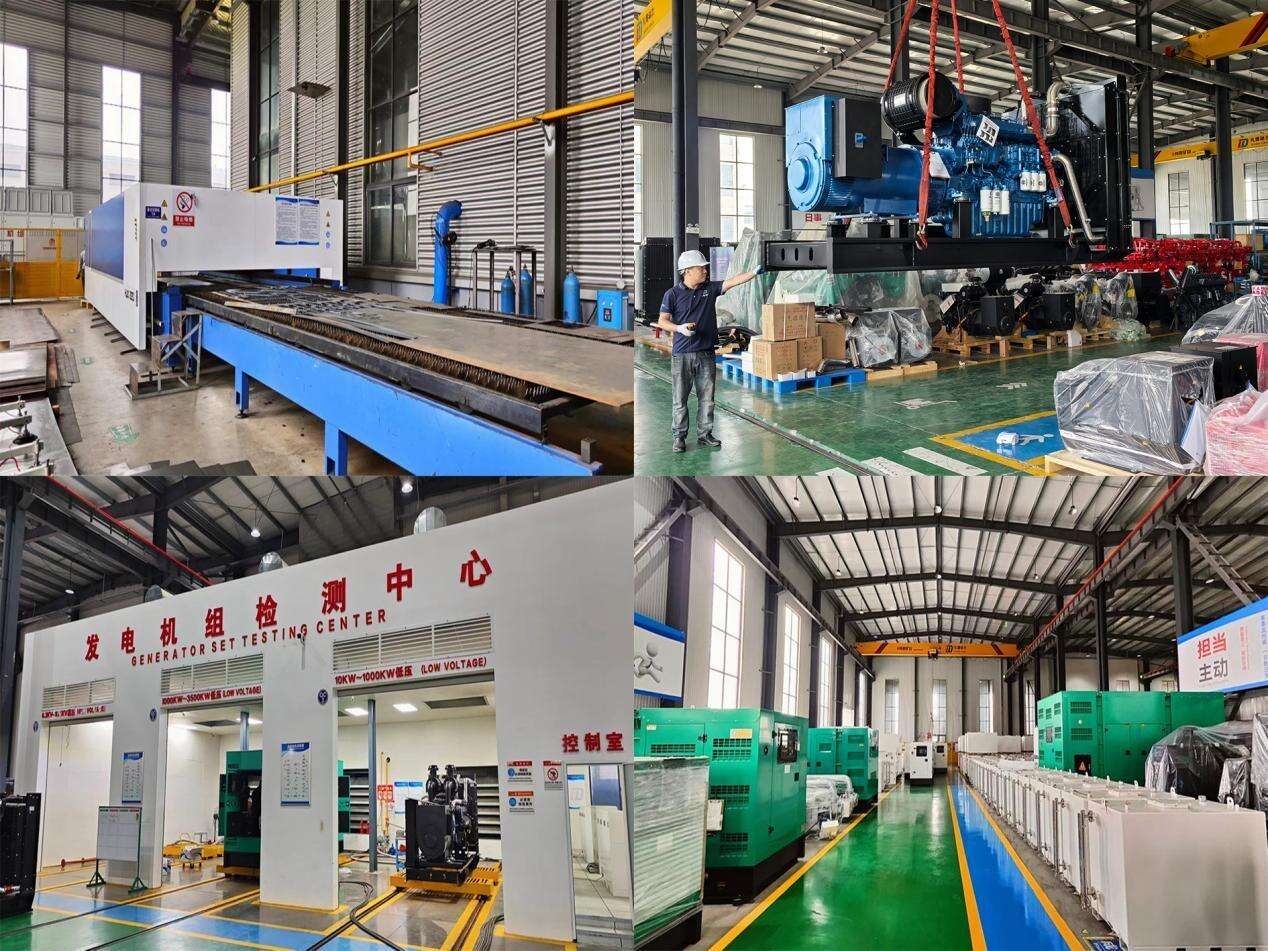Select an Area with Good Air Flow
When installing a natural gas generator, safety must be a priority. One safety consideration is to never install the generator inside the home; this includes basements, garages, and sheds, no matter how open they may seem. While the generator is operating, it may leak a small volume of natural gas and if it accumulates indoors, it poses a fire and explosion risk. Additionally, the generator produces carbon monoxide which is a dangerous gas. It is colorless, odorless, and can be hazardous if inhaled.
Your best option is an outdoor spacing with good air circulation. Be sure to place the generator at least 10 feet away from the house and any other structures. Also, make sure to steer clear of overgrown shrubs and combustible debris, like leaves, that may catch fire. Prevent generator placement near open windows, doors, or other home access points, so the carbon monoxide exhaust does not enter the house. Avoid low-lying spots too; natural gas is lighter than air and will blow away, but in stagnant wind conditions, it may collect in low areas. A flat and level surface is also ideal to prevent the generator from tipping over during operation.
Check for Gas Leaks Regularly
Since gas leaks pose a significant risk with a natural gas generator, you need to consider them frequently. Each time before you start the generator, take a few minutes to examine the gas lines and connections. First, check that all hoses and pipes are in good condition with no cracks, splits, or signs of wear. If a hose appears old or damaged, replace it immediately. Don’t attempt to patch it, as it can be unsafe.
To check for leaks, you can use a mixture of soap and water. Put some water and a few drops of dish soap into a spray bottle, and spray the mixture onto the gas fittings and hoses. Then, turn the gas on (without starting the generator) and look for bubbles. If bubbles form, there is a gas leak. Turn the gas off, fix any loose connections, and retest the area. If the leak can’t be fixed, do not use the generator and call a gasfitter. If you smell rotten eggs, you should also turn the gas off and leave the area. Check for gas leaks when it is safe to do so.
Ensuring Safe and Proper Natural Gas Generator Startup and Shutdown
Safety and care of the generator is assured when the prescribed steps are followed for the generator’s natural gas powered startup and shutdown. For startup, first make sure the gas is open, but not wide open, only a small gas flow. Gas must be supplied first. Next, all switches must be checked to be in the “off” position before anything is plugged into the generator. The fuel valve "on" and the ignition "start" is the next step along with not connecting any appliances or tools for several minutes. Plugging too many things in at once can cause the generator to overheat, trip a safety switch, or damage your devices.
When you're ready to shut everything down, first unplug all of the tools and appliances from the generator. After that, let the generator idle for 5 minutes with no load. This helps it cool down, which is better for the engine. Then, turn the fuel valve to "off" and wait until the generator is completely shut off. Once the generator is off, you can turn off the main gas supply. Never, ever shut down the generator by yanking on the gas line or by cutting off the gas supply. This can cause serious damage to the engine. It can also cause gas to build up, which is extremely dangerous.
Clean and Service the Generator Regularly
Keeping a natural gas generator clean and maintained properly helps extend the life of the machine. Another step towards safety also makes operation and use the generator far safer. After use, the outside casing of the generator can be wiped down with a cloth to remove accumulated dirt, dust, and debris. In case of a spill, gas and oil removal needs to be prioritized, as oil fires can easily ignite, and gas burning and fumes are combustible. After an interval of few weeks and more often with heavy generator use, the air filter can be checked. If it is dirty, it should be changed. A clogged air filter will affect the efficiency of the generator, and can cause it to overheat.
If you are connecting your generator to your home’s electrical system, do NOT plug the generator into a wall outlet. This is a dangerous practice known as backfeeding, which can electro-cute power line workers. Backfeeding puts power into the grid, making the grid dangerous, and backfeeding puts the generator user at risk. Instead, use a transfer switch which will allow the generator to power your home’s electrical system safely. This way, you will power the essential circuits and the generator will not backfeed into the grid. If you are powering small appliances, you can plug them directly into the generator or use an outdoor extension cord. Do not daisy chain extension cords as this can cause the cords to overheat.


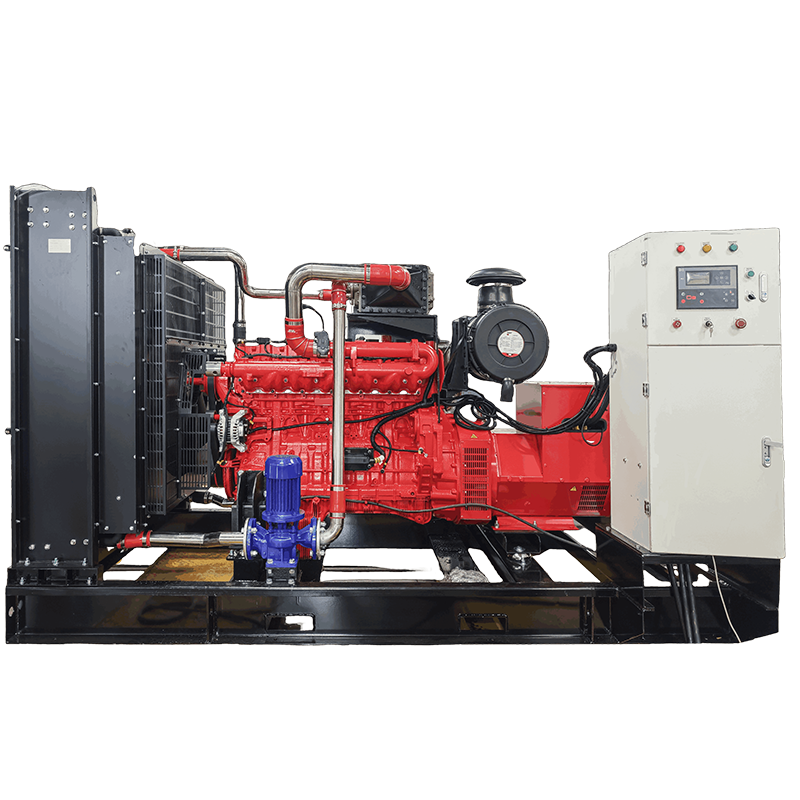
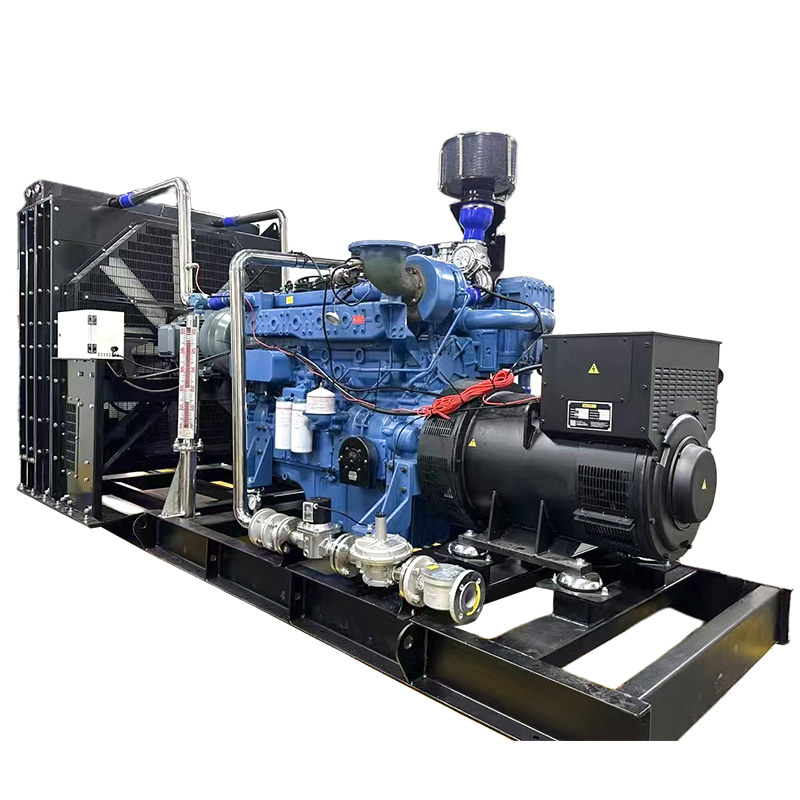
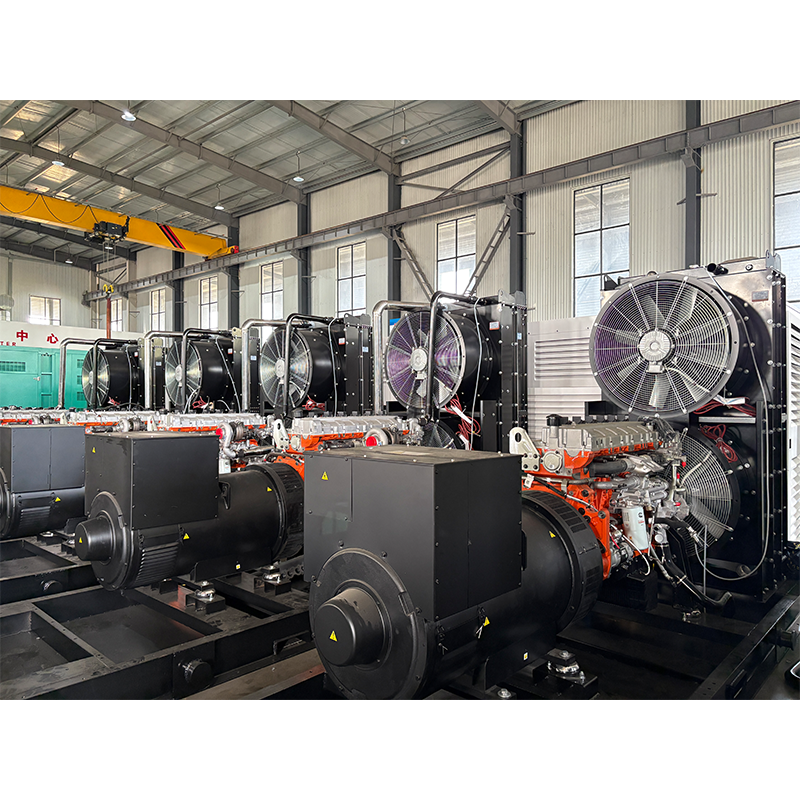
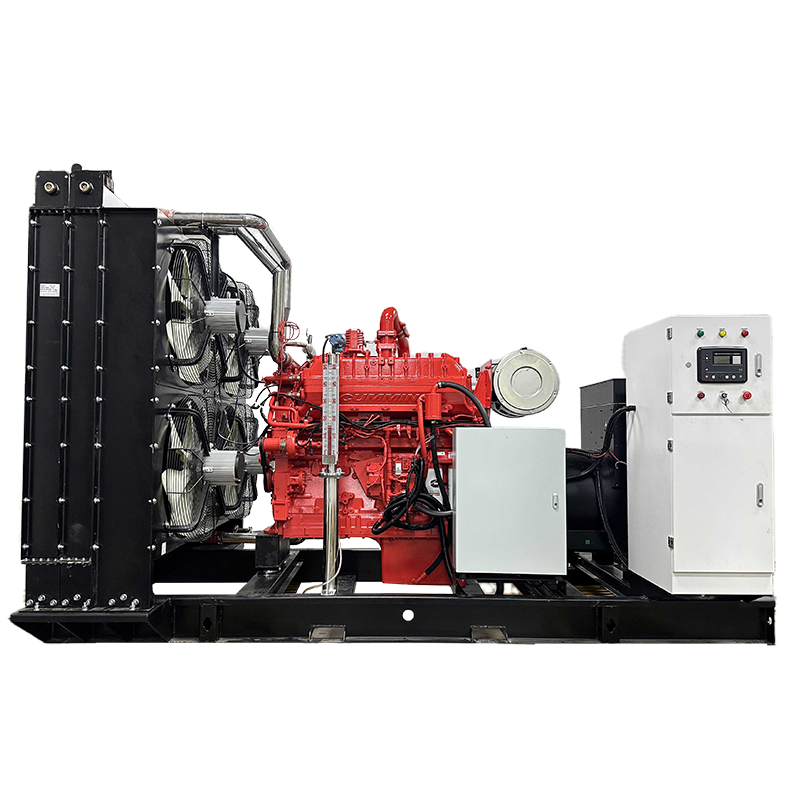
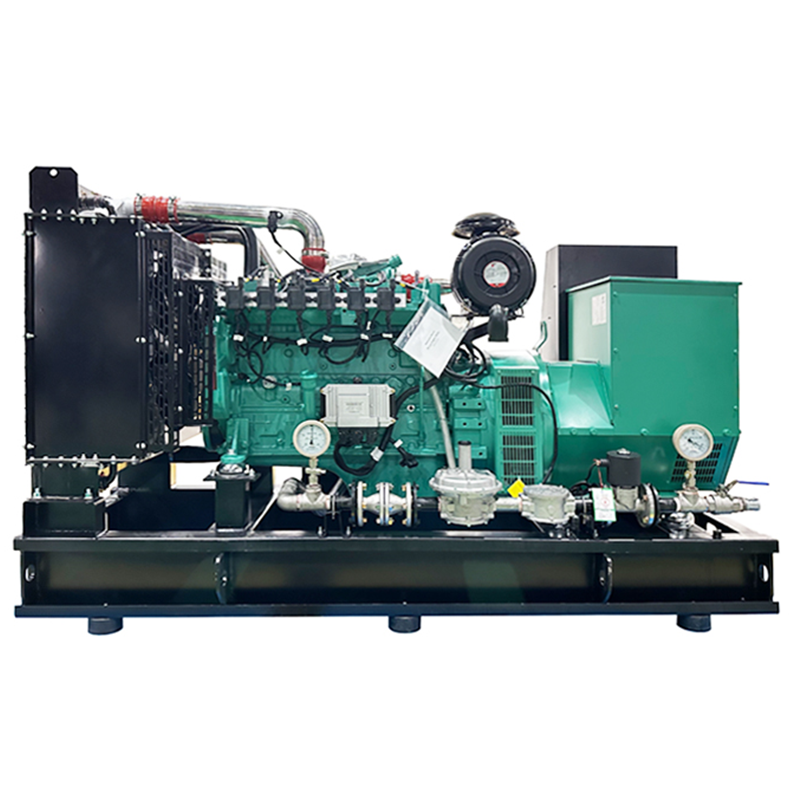
 Hot News
Hot News